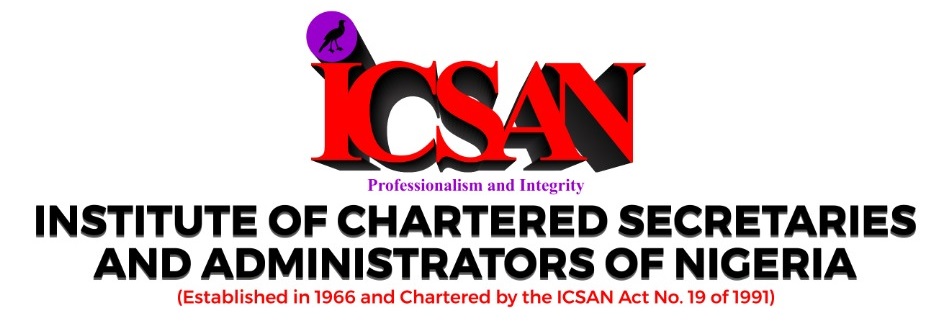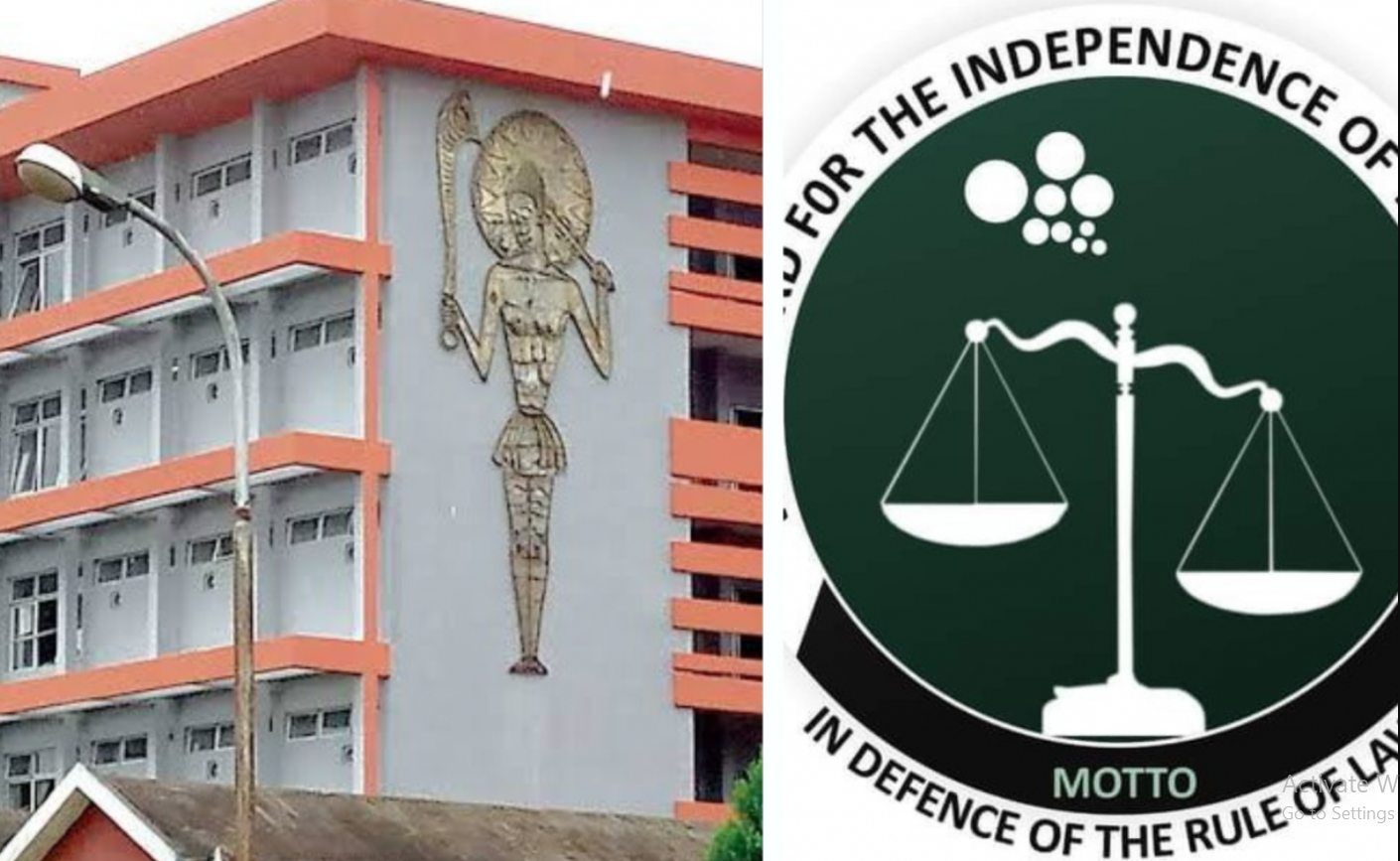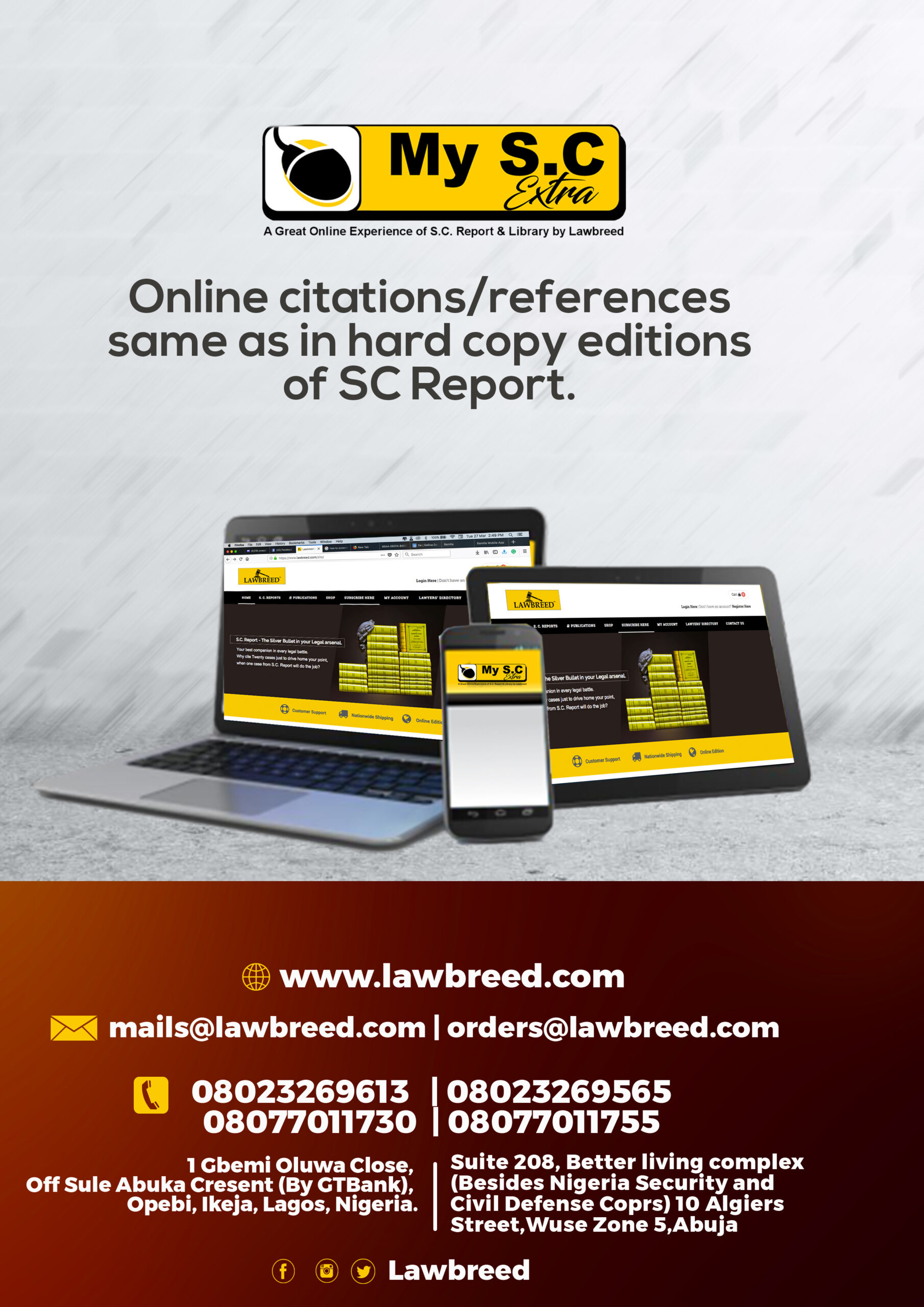The Institute of Chartered Secretaries & Administrators of Nigeria (ICSACN) has released its position on the Petroleum Industry Act 2021.
In a Paper signed by the Registrar/CEO of ICSAN, Taiwo Ganiyat Olusesi, FCIS; the Institute lauds the Federal Government for the measure of providing the country with a revamped, modern day-oriented, and relatively better conceived Petroleum Industry Act and recommended that the Act be subject to review at least every five years to accommodate not only the recommendations contained in its paper but the genuine yearnings of the stakeholders as well as other requisite exigencies that might come to light during usage of the law.
Read and Download the paper below:
1. INTRODUCTION
After about twenty years of efforts to produce a modern-day petroleum industry law that does not only ensure transparency and proper accountability in the industry but is also based on the principles of fairness, equity, and justice, Nigeria at last took a bold step on Monday, August 16, 2021 with the signing of Petroleum Industry Bill into law (Petroleum Industry Act 2021) by President Muhammadu Buhari. With this development, Nigeria has made a monumental leap from a country with a moribund petroleum industry law, to one that has at least, a semblance of modernity with built-in provisions to eliminate opaqueness and promote transparency and efficiency in the oil and gas industry. Since the oil and gas industry contributes less than 10% to the country’s GDP and about 90% of the foreign exchange earnings and 60% of the total revenue, sanitizing this industry should be a matter of utmost importance for the sake of national growth, development, and sustenance. We therefore applaud the Federal Government for this milestone which may be rightly construed as a better-latethan-never measure to move the nation forward despite all odds.
The Institute of Chartered Secretaries and Administrators of Nigeria (ICSAN or Institute) is a statutory body established by the Federal Government through Decree No. 19 of 1991 (now CAP I13 LFN 2004), to provide guidance and professional education leading to the professional qualification as a Chartered Secretary and Administrator. ICSAN is reputed for being a leading voice on good Corporate and Public Governance.
ICSAN has also consistently been in the vanguard of public policy advocacy with the commitment to contribute to the socio-economic welfare and good governance in Nigeria. Over the years, the Institute has promoted the ideals of good Governance through periodic issuance of policy papers and Guidance materials on Corporate and Public Administration. In line with this tradition, ICSAN hereby offers the following recommendations concerning the implementation of this new law to consolidate the envisaged gains and minimize the contingent risk factors.
2. RECOMMENDATIONS
The following five recommendations encompassing some issues in the Act are hereby offered:
(i) Governance of the Nigerian National Petroleum Company Limited
One of the cogent provisions of the Petroleum Industry Act 2021 (referred to in this Paper as “PIA 2021”) is the establishment of the Nigerian National Petroleum Company Limited (‘NNPCL’) (S. 53) which the law provides should be established within six months after the commencement of the Act. According to the Act, the company will replace the extant Nigerian National Petroleum Corporation (NNPC) which will then become extinct. We applaud the vision behind this structural substitution of the NNPC with NNPCL, which is to ensure greater efficiency and transparency in the oil exploration and distribution system.
It is auspicious that the NNPCL is envisioned to be a commercially oriented national petroleum company with all the attributes of a thriving private enterprise. ICSAN however, enjoins the government to ensure that a proper governance structure is built around the new organ. By this, we mean established principles of Corporate Governance should be embedded in the NNPCL system.
Accordingly, the appointment of the directors to its board must be based purely on merit with emphasis on issues of relevance, board requirements, and diversity in the board composition. There must be strict adherence to the notions of Disclosure and Transparency while ethical observances must be ingrained in the template of the company’s operations. There must be an adequate framework of risk management and control system which should incorporate well-articulated whistleblowing policy. Furthermore, proper checks and balances must be built into the system to ensure that no individual, unit, or department can undermine or disapply the control system at his or her whims and caprices.
We request that NNPCL should always have board to oversee and guide the management to achieve the expected objectives. There should be an annual board appraisal with the corporate governance evaluation of NNPCL, which should be published.
Without putting in place all these governance mechanisms, the envisaged metamorphosis of the moribund NNPC into a more efficient and dynamic NNPCL will not be realised. The exercise will simply be a mere change of name
without a change of anything else, with all its concomitant business-as-usual tendencies.
The same recommendation made earlier in relation to NNPCL should apply to other governance structures created under the Act such as Nigerian Upstream Regulatory Commission which is responsible for the technical and commercial regulation of the upstream petroleum operations and the Nigerian Midstream and Downstream Petroleum Regulatory Authority, which is responsible for the technical and commercial regulation of the midstream and downstream operations in Nigeria.
As a public interest entity, NNPCL must have a qualified and experienced company secretary to oversee its Secretariat and play his / her role as the compliance officer responsible for the entrenchment of good corporate governance in the company. The qualification and experience must not be less than that of a company secretary of a public interest entity and the recruitment process must be competitive. The status of this management staff, duties, functional and administrative roles, responsibilities, reporting lines and mode of determination must be clearly stated in writing by the Board.
(ii) Deregulation of the downstream sector and the need for effective monitoring
One of the principal objects of the new PIA 2021 is the deregulation of the downstream sector of the petroleum and gas industry. This, among other things, means the present subsidy regime will give way to real market dynamics with the direct implication being the ascendancy of the forces of demand and supply in determining the prices of the products. While this may lead to higher prices for petroleum products (at least in the short term), the envisaged gains come in form of reduction in smuggling and wastages, elimination of profiteering middlemen, and sabotage and corruption in the system. It is encouraging that the Federal Government has reassured the populace that the subsidy will not be automatically removed with the commencement of the Act but will be ushered-in, as the sequel to a well-conceived change management process.
It should be borne in mind that vested interests under the old regime in form of unscrupulous marketers, profiteers, smugglers, etc. will do everything within their might to frustrate a new regime that is threatening their illicit sources of wealth. Therefore, we will enjoin the Federal Government to ensure that there is proper and adequate monitoring of the system to discourage all manner of sharp practices including hoarding of products to create artificial scarcity for price increment. The Federal Government should be proactive in devising ways and measures to counter the unscrupulous elements who may attempt to sabotage the interplay of demand and supply in a deregulated market.
We believe that if the free market should determine the prices of these essential commodities, then at least, there should be no extraneous factors taxing the industry to the detriment of the populace, majority of whom are indigent.
Deregulation regime would also translate into speedier granting of more licenses to investors in the downstream sector, one of the fallouts of which will be the establishment of more refineries. Government should therefore ensure strict enforcement of the provisions of this Act, especially concerning environmental pollution, health, and safety so that the greed for short-term profit on the part of some private investors does not compromise the loftier objective of sustainability.
(iii) Effective overall implementation
It is trite that many good laws in Nigeria have either not been exploited to achieve optimal gains, or worse still, miserably fail to procure their objectives due to poor implementation.
We assert with concerns here that all the laudable objectives of the PIA 2021 which include: exploiting its fiscal framework to maximizing profits, making the nation’s oil and gas industry more transparent and efficient, minimizing the pollution of the environment through gas flaring, and eliminating corruption in the system by removing subsidy and its concomitant illegal exportation of oil, etc., would be a mere mirage without effective implementation of the provisions of this Act.
We, therefore, enjoin the Federal Government to be strictly committed to strict implementation of this law. The signing into law of the Petroleum Industry Bill is only the beginning of the journey. Therefore, faint-hearted commitment to its full implementation is an ill wind that will blow nobody any good.
(iv) Public enlightenment campaign: FG and ICSAN’s role
Much of the controversies trailing the PIA 2021 emanate from many of its grey areas and provisions which are capable of many interpretations. This lack of preciseness and clarity of many provisions in the Act is breeding mistrust and apprehensions among many stakeholders. For example, the provisions on the Thirty percent (30%) Frontiers Exploration Fund require elucidation.
We hereby urge the Federal Government through the Federal Ministry of Petroleum Resources, requisite parastatals, and regulators to embark on massive stakeholders’ enlightenment campaign to dispel the confusion by illuminating the provisions of the Act and revealing their implications.
The Institute, in consonance with its tradition of guiding on issues of Corporate Governance and Public Administration, hereby undertakes to convene a stakeholders’ webinar for the sake of mass enlightenment on this new PIA 2021. The forum which will attract all relevant stakeholders and be accessible to members of the public generally will examine all imprecise, controversial and grey areas in the PIA 2021 to deepen understanding and thus promote its mass acceptance while preparing auspicious grounds for its implementation. The date of the webinar will soon be widely communicated.
Over the years, the Institute has organised numerous enlightenment for a whenever a new law, regulation, or policy was made. The recent ones being stakeholders’ enlightenment webinars held when the Companies and Allied Matters Act (CAMA) 2020, Finance Act 2020, Audit Regulations 2020, Companies Regulations 2021, among others, were released. All these have been hugely successful and the proposed one on the PIA 2021 will not be an exception.
(v) Responsiveness to feedback
Given the importance of the PIA 2021 in terms of its strategic importance to theeconomy, resource allocation sensitivity and development implications, it is bound to generate a lot of interest among numerous stakeholders. As a matter of fact, provisions on issues such as three percent (3%) Host Community Trust Fund (S. 240 (2) and Frontiers Exploration Fund (Part 111 Clause 9 (4) are already generating serious and sustained controversies.
Questions from these areas include: Who should manage these funds? Will it be the NNPCL or an independent body?
The Institute hereby enjoins the government to be responsive to the concerns, reactions, and yearnings of the peoples by construing them as constructive feedback which should be thoroughly investigated and considered when the Act is being amended or clarified through regulations.
Furthermore, there should be wider consultation, all-inclusive discourse, and adequate public hearings when the new law is due for an amendment to ensure that all shades of public opinions are well-considered and that the resulting amended law will not only be an improvement on the present one but also one that will be more generally acceptable.
3. CONCLUSION
Once again, the Institute lauds the Federal Government for this better-late-thannever measure of providing the country with a revamped, modern day-oriented, and relatively better conceived Petroleum Industry Act. We believe that if the recommendations offered above are adhered to, the nation will succeed in having an effective legal framework it deserves in the oil and gas sector as is the case with other progressive nations.
Finally, to consolidate on the gains of this epoch-making legislation, we recommend that this Act should be subject to review at least every five years to accommodate not only the recommendations contained in this paper but the genuine yearnings of the stakeholders as well as other requisite exigencies that might come to light during usage of the law.
Taiwo Ganiyat Olusesi, FCIS
Registrar/CEO
Institute of Chartered Secretaries & Administrators of Nigeria
08090660300/08091828375
[mks_button size=”medium” title=”Click Here to Download Paper” style=”squared” url=”https://lawbreed.blog/wp-content/uploads/2021/09/ICSANS-Position-Paper-on-the-Petroleum-Industry-ACT-2021.pdf” target=”_self” bg_color=”#000000″ txt_color=”#FFFFFF” icon=”” icon_type=”” nofollow=”0″]







